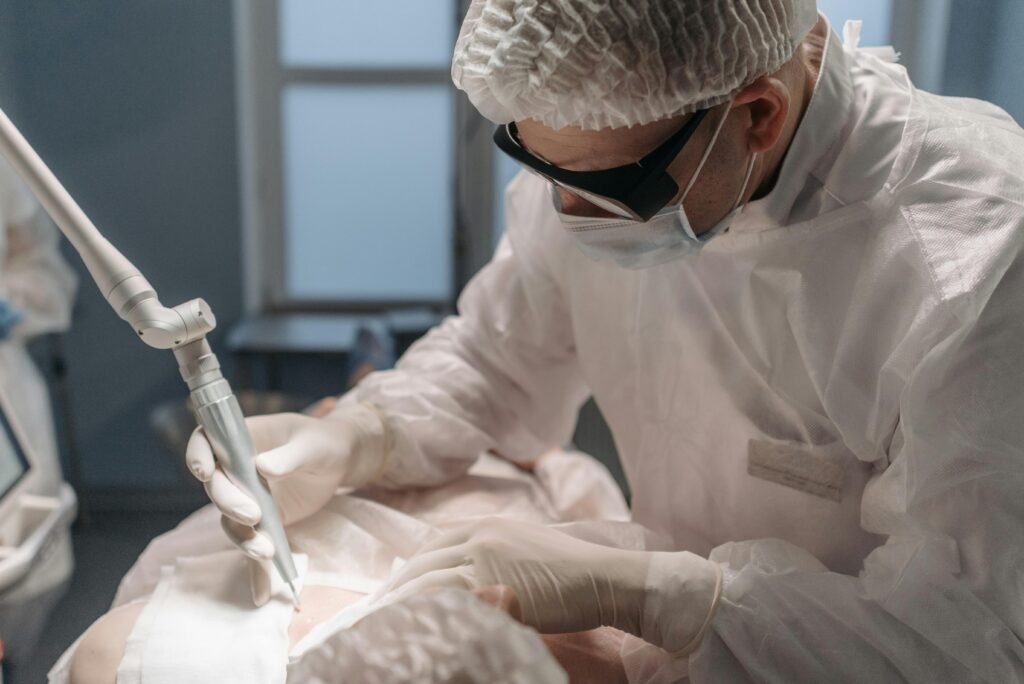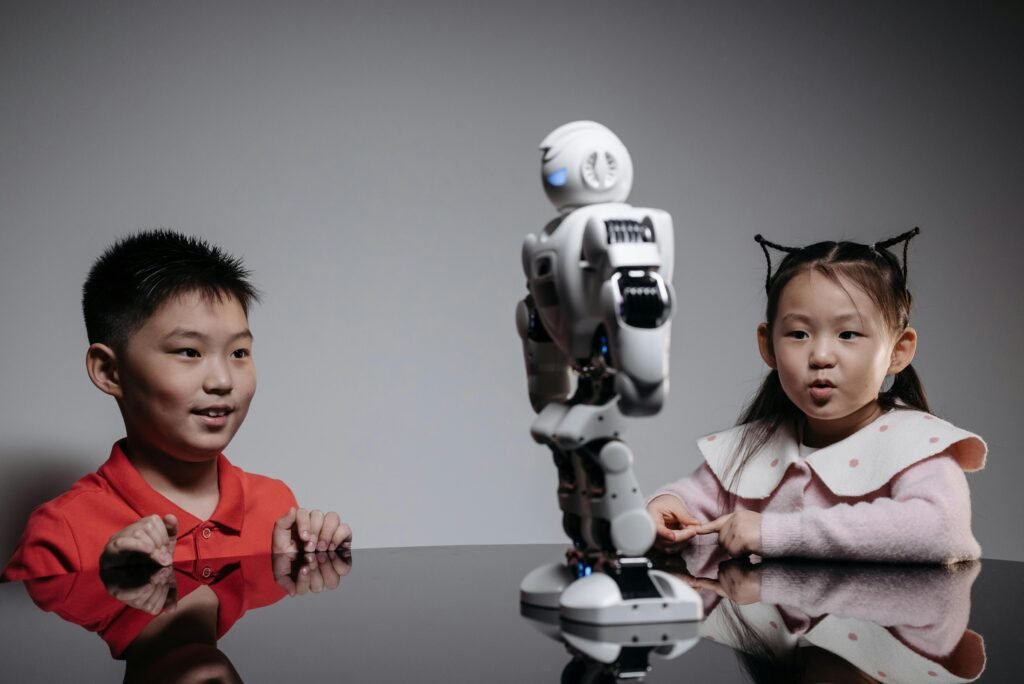🚀 How Machine Learning Is Used in Healthcare: 7 Powerful Applications in 2025
In 2025, healthcare is being transformed by technology—and at the heart of that change is machine learning.
If you’ve ever wondered how machine learning is used in healthcare, this guide by AiBlogQuest.com breaks down 7 impactful real-world applications that are already saving lives, improving diagnostics, and streamlining care.
🧠 1. Disease Diagnosis & Detection
Machine learning algorithms can now detect diseases earlier and more accurately than ever before. Using pattern recognition, models can:
-
Identify early signs of cancer from radiology scans
-
Detect diabetic retinopathy in eye images
-
Analyze EKGs to catch arrhythmias
💡 Example: Google’s AI tool for breast cancer detection outperforms radiologists in some tests.
📊 2. Predictive Analytics for Patient Outcomes
ML models are being trained on patient data to predict disease progression, potential readmissions, and survival chances.
Hospitals use ML to:
-
Anticipate patient deterioration
-
Reduce ICU transfers
-
Optimize discharge timing
📚 Related: A Beginner’s Guide to Neural Networks
💊 3. Drug Discovery and Development
Traditionally, drug development can take a decade. But machine learning accelerates this process by:
-
Analyzing chemical interactions
-
Predicting molecular behavior
-
Screening compound libraries in hours
Companies like Insilico Medicine and Deep Genomics are using ML to revolutionize pharmaceutical R&D.
🤖 4. Personalized Treatment Plans
ML helps doctors create custom treatment plans by analyzing a patient’s:
-
Genetics
-
Medical history
-
Lifestyle and real-time health data
AI-driven platforms like IBM Watson Health are already offering treatment recommendations for cancer patients.
🧬 5. Genomics and Precision Medicine
Machine learning is key to understanding genomic sequencing data. It helps researchers:
-
Detect gene mutations
-
Understand disease risk
-
Create personalized medicine based on DNA
This enables precision medicine—targeted therapies for individuals based on their genetic profile.
🩺 6. Medical Imaging Analysis
Whether it’s CT scans, MRIs, or X-rays, ML algorithms can process thousands of images with speed and accuracy. Tasks include:
-
Tumor detection
-
Bone fracture identification
-
Lung anomaly detection in COVID-19 patients
👨⚕️ 7. Virtual Health Assistants and Chatbots
AI-powered chatbots assist with:
-
Appointment scheduling
-
Symptom checking
-
Mental health check-ins
ML enables these bots to understand natural language and respond contextually—improving healthcare accessibility.
🔗 Useful Links from AiBlogQuest.com
❓ FAQ: How Machine Learning Is Used in Healthcare
Q1. Is machine learning already used in hospitals today?
Yes. Many hospitals use ML for diagnostics, administrative optimization, and clinical decision support systems.
Q2. Can machine learning replace doctors?
No. ML assists doctors by offering data-backed insights but does not replace human expertise and empathy.
Q3. How is machine learning improving patient care?
By providing faster diagnoses, predicting complications, and creating personalized treatment plans, ML improves outcomes and efficiency.
Q4. What are the risks of using machine learning in healthcare?
Bias in training data, lack of transparency in decision-making (black box models), and privacy concerns are key challenges.
Q5. Where can I learn more about AI in healthcare?
Check out online courses on Coursera, edX, and platforms like AiBlogQuest.com.
🏁 Final Thoughts
Understanding how machine learning is used in healthcare shows us just how powerful AI can be in saving lives and improving global health outcomes. From early diagnosis to personalized care, ML is revolutionizing medicine—and this is just the beginning.
Stay ahead in health tech by following the latest at AiBlogQuest.com.
🏷️ Tags:
how machine learning is used in healthcare, ai in healthcare, ml applications in medicine, ai health tech 2025, medical machine learning, aiblogquest



